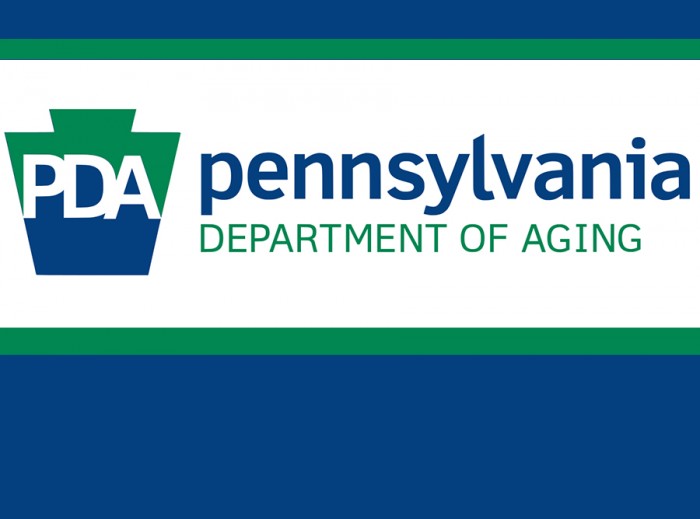Today, the Centers for Medicare and Medicaid Services (CMS) announced they have expanded the list of telehealth services that Medicare Fee-for-Service (FFS) will pay for during the COVID-19 public health emergency (PHE). CMS is also providing additional support to state Medicaid and Children’s Health Insurance Program (CHIP) agencies as a part of their efforts to expand access to telehealth.
CMS is adding eleven new services to the Medicare telehealth services list since the initial publication of the May 1, 2020 COVID-19 interim final rule (IRF) with comment period. Medicare will begin paying eligible practitioners who furnish these newly added telehealth services effective immediately, and for the duration of the PHE. These new telehealth services include certain neurostimulator analysis and programming services, and cardiac and pulmonary rehabilitation services.
In an effort to provide greater transparency on telehealth access in Medicaid and CHIP, CMS is releasing, for the first time, a preliminary Medicaid and CHIP data snapshot on telehealth utilization during the PHE. This snapshot shows, among other things, that there have been more than 34.5 million services delivered via telehealth to Medicaid and CHIP beneficiaries between March and June of this year, representing an increase of more than 2,600% when compared to the same period from the prior year. The data also shows that adults ages 19-64 received the most services delivered via telehealth, although there was substantial variance across both age groups and states. Additionally, CMS is releasing a new supplement to its “State Medicaid & CHIP Telehealth Toolkit: Policy Considerations for States Expanding Use of Telehealth, COVID-19 Version,” which provides numerous new examples and insights into lessons learned from states that have implemented telehealth changes. This updated information is intended to assist states strategically think through how they explain and clarify to providers and other stakeholders which policies are temporary or permanent. It also helps states identify services that can be accessed through telehealth, which providers may deliver those services, the ways providers may use in order to deliver services through telehealth, as well as the circumstances under which telehealth can be reimbursed once the PHE expires.
The toolkit includes approaches and tools states can use to communicate with providers on utilizing telehealth for patient care. It updates and consolidates in one place the frequently asked questions and resources for states to consider as they begin planning beyond the temporary flexibilities provided in response to the pandemic.
















